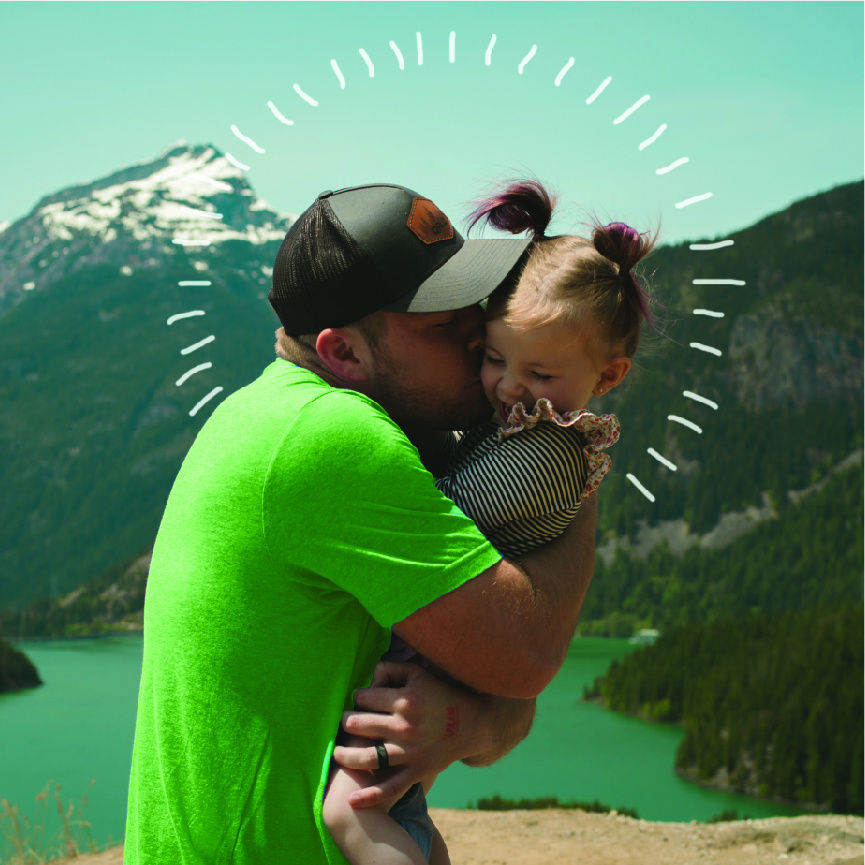How to Build a Relationship with Your Child
- ChildFirst Behavior Therapy

- Oct 31, 2019
- 3 min read
Updated: Nov 4, 2019

If you have a child with autism, or have even heard someone talk about autism, chances are you’ve heard others say people with Autism Spectrum Disorder do not care about having relationships. Or that they’re so difficult to connect with, that it’s not worth trying.
I wholeheartedly disagree. As the mother of a healthy, happy boy who just happens to have Autism Spectrum Disorder, I can tell you that nothing could be further from the truth. Although your child may not express interest in knowing you in the way you expect, rest in this: your child wants to be known and know others, including you. There are simple steps you can take to help strengthen their bond with you.
After being involved in ABA therapy for over 10 years—and parenting my own child with autism—I’ve learned that these three approaches are key to creating a strong relationship. While this is not an exhaustive list, it will certainly set you on the right path to growing your relationship with your child. Once you implement these ideas, you’ll see that a relationship is not only achievable, it’s within your grasp!
1. Know your values.
When working with a new patient at ChildFirst, we always start by talking to the family about their values. Then we translate those values into tangible goals. I recommend that you use the same approach in building a relationship with your son or daughter. Determine which values you want your family to embrace, and turn those into actionable behaviors. This way, you go beyond the abstract and create immediate steps for yourself. For example:

2. Realize that relationships are built in daily moments—especially the hard ones.
There’s a reason that soldiers who serve together in battle feel bonded for life. Hardship has a way of bringing us closer to those who experience it alongside us. And the same applies to your parent-child relationship. When difficult times come, be consistent and leverage these difficult moments to grow closer together.
But how exactly should you act in those tough times? Here are some tips to remember.
Be consistent. Do what you said you’d do.
Stay present. Don’t back away from difficult conversations, even when you feel uncomfortable. Remember, relationship building is hard work. Sometimes you need to break a sweat to forge the experience.
Remain calm. Your child needs stability from you.
Mirror appropriate behavior. Always be the adult. Mirror desirable behavior.
Be a listener. Practice patience and take the time to understand what your child needs.
3. Create a bond by being “the giver of good things.”
As a parent, part of your job is to be a teacher of many things. This often involves correction. But you should also be the person who rewards your child the most. Establish yourself as the giver of good things in your child’s life. Smile frequently, set aside special times when your child receives your full attention, and give them choices in what you do together. Be a positive force in your child’s life by talking to them about what they enjoy and playing the way they want to play.
Building a relationship with any child is a marathon, not a sprint. And parenting a child with autism brings its own unique challenges. But by using these techniques, you can feel closer than ever to your child and build the relationship you’ve always imagined.
To learn more about ChildFirst Behavior Therapy and how we can help you grow closer as a family, contact us today. We have immediate openings at our Chicagoland office.







Comments